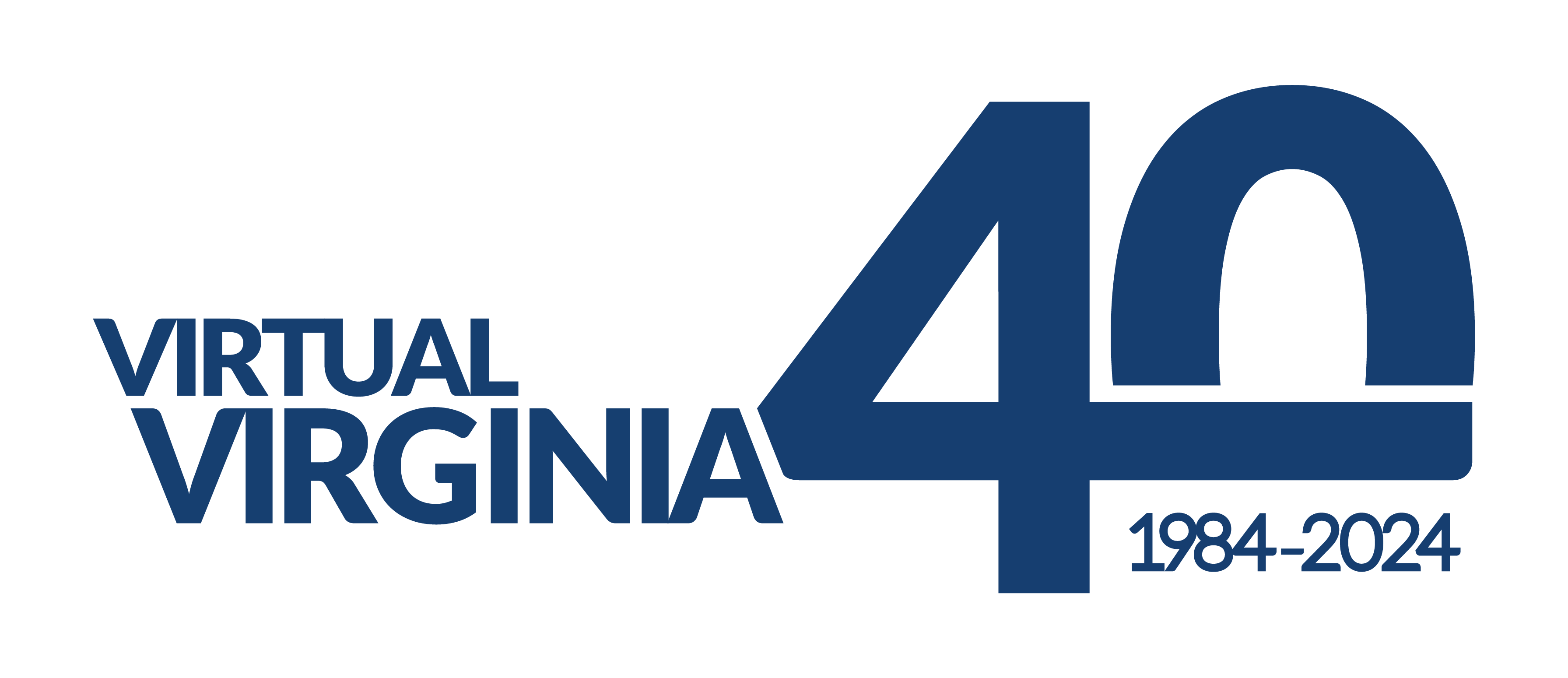Fall Block
-
Physics I
Physics I is an algebra-based introductory survey of the field of physics, which is the study of matter and energy and their behaviors and interactions. Topics include one- and two-dimensional kinematics, forces, energy, momentum, waves and sound, optics, electricity, and modern physics. This course aligns with the Virginia Standards of Learning for Physics.
-
Earth Science II: Oceanography
In Oceanography, students will take a journey through the ocean realm. Oceanography applies the sciences of geology, biology, chemistry, and physics to Earth’s oceans. The course also examines engineering for the development of devices that allow scientists to explore underwater depths. This course aligns with the Virginia Department of Education’s Science Content Guidelines for Earth Science…
-
Earth Science I
Studying something as large and complicated as the Earth is quite an undertaking. In order to make it manageable, this course is divided into the scientific areas of geology, meteorology, astronomy, and oceanography. Each of these areas of study helps scientists understand the activity and make-up of our planet. In this course, students will use…
-
French I
French I students will begin their study of French by developing the five major skills of listening, speaking, reading, writing, and cultural competency. Students will study the richness of culture in Francophone countries, comparing and contrasting the habits of the Francophone people to our own, while expanding their vocabulary, communication, and grammar skills. This course…
-
Arabic I
This course is an introduction to the Arabic language for students with no prior knowledge of the language. Students acquire the communication skills for speaking, reading, writing, and comprehending Arabic. This course focuses on helping students understand general meaning, starting with the alphabet and essential letter sounds and formations. Students will be able to write…
-
Chemistry I
In this course students explore the interaction of matter and energy that applies analytical investigation, observation, experimentation, models, evidence, and systematic processes to the manipulation of chemical quantities and problem solving applications in various earth science, life science, and other physical science fields of study. Emphasis is given to qualitative and quantitative study. Students will…
-
Biology II: Anatomy/Physiology
In this laboratory-based course, students will gain an in-depth understanding and working knowledge of the structure and function of the human body. The course will cover the eleven systems of the human body with emphasis on the mechanisms that maintain homeostasis. Laboratory and clinical case studies will be used to illustrate anatomical and physiological concepts.…
-
Biology I
This course provides students with a detailed understanding of living systems. Students investigate biochemical life processes, cellular organization, mechanisms of inheritance, dynamic relationships among organisms, and the changes in organisms through time. This course aligns with the Virginia Standards of Learning for Biology.
-
Algebra, Functions, and Data Analysis
This course is considered a bridge to Algebra II, as it builds upon the student’s understanding of Algebra I skills in preparation for the skills taught in Algebra II. Within the context of mathematical modeling and data analysis, students will study functions and their behaviors, systems of inequalities, probability, experimental design and implementation, and analysis…
-
Geometry
This course extends the skills and concepts taught in Algebra I through the study of plane and solid figures. Topics include a review of real numbers, segment and angle measurement, angle relationships, logic, proofs, reasoning, parallel and perpendicular lines, right triangles, trigonometry, quadrilaterals, convex polygons, tessellations, circles, constructions, coordinate geometry, area, similarity, and volume. This…
